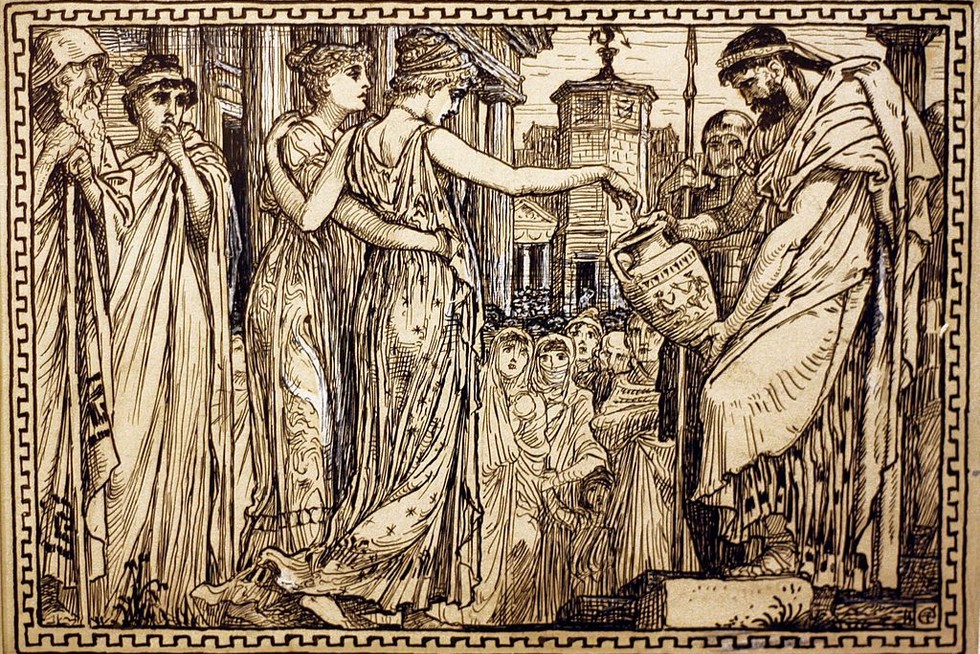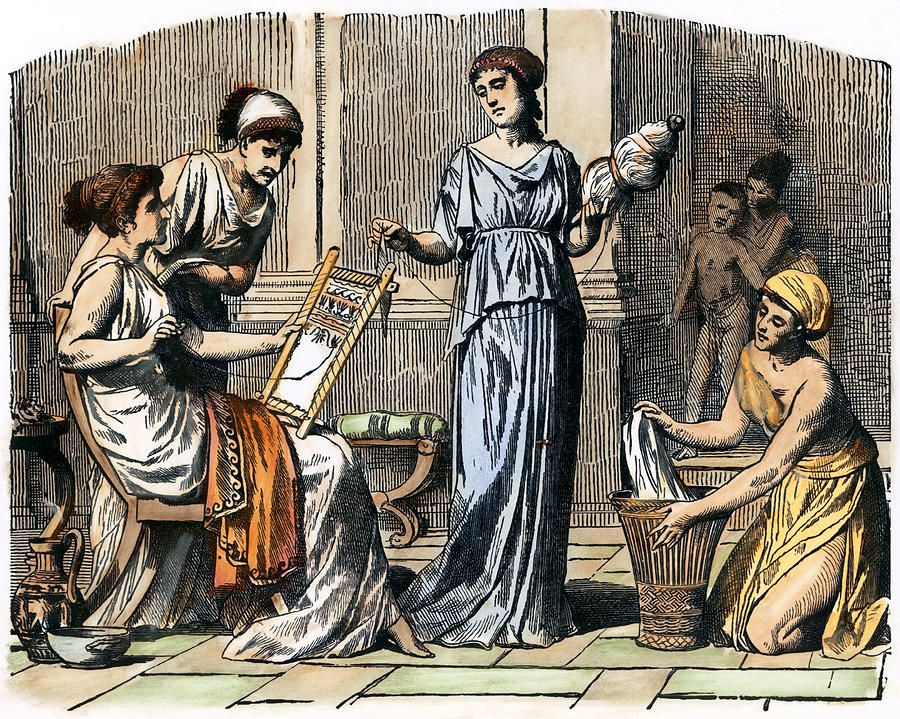Alright, so I was thinking the other day, you know, everyone's always going on about the Spartan dudes. The warriors, the shields, the whole "This is Sparta!" deal. And fair enough, they were pretty intense. But it got me wondering, what about the women? Were they just, like, stuck at home, totally out of the picture? Seemed a bit off for a society that was so focused on toughness all around.
So, I did what I usually do when something like that bugs me – I started poking around. Wasn't even a proper research project, more like falling down an internet rabbit hole one evening. I think I was actually looking up something about ancient diets, don't ask me why, and one thing led to another. Suddenly, I'm reading about Spartan women and thinking, "Hold on, this isn't what I pictured at all."
My Little Digging Session
I started pulling up different articles, some blog posts from history buffs, even skimmed through a couple of denser academic summaries, though I usually try to avoid those unless I have to. It’s like, they try to make it sound complicated on purpose. I just wanted the real story, you know? What was their actual day-to-day, what was expected of them?

And man, it was pretty eye-opening. It wasn't like they were just hanging around waiting for the men to come back from war. They had a whole system, and their role was, well, pretty chunky.
Here’s some of the stuff that really stood out to me:
- They actually owned stuff! Like, land. Property. In ancient Greece, that was a massive deal. Most women in other Greek city-states? Forget about it. But Spartan women could inherit and manage their own property. Apparently, by the classical period, women owned a huge chunk of Spartan land. Wild, right?
- Education wasn't just for boys. Girls got educated too. Not just in, you know, how to run a house, but physical training as well. Running, wrestling, throwing the javelin and discus. The idea was that strong, healthy women would produce strong, healthy Spartan warriors. Makes sense, in a very Spartan kind of way.
- They had a voice. Maybe not in the assembly voting, but they were known for being outspoken. There are accounts from other Greeks commenting on how much freedom Spartan women seemed to have, how they weren't shy about speaking their minds, even to their husbands. Some ancient writers were actually pretty scandalized by it, called them too powerful. Ha!
- Managing the home front was serious business. With the men constantly training for war or actually being at war, guess who was running the estates, overseeing the helots (the state-owned serfs), and basically keeping the whole Spartan economic engine chugging along? Yep, the women. This wasn't just 'housekeeping'; it was major logistical and agricultural management.
It's funny because you see these movies or read popular books, and Spartan women are often just background characters, if they're there at all. Or they're just there to look worried or wave goodbye. But the reality seems a lot more active, a lot more involved. They weren't out there with a spear in the phalanx, obviously, but they were the backbone of the Spartan state in many ways.
I remember reading one historian, can't recall the name now, who basically said that without the women managing things back home, the whole Spartan military machine would have ground to a halt pretty quick. It’s like how in some companies, there are these people in admin or support roles who nobody really notices until they're gone, and then everything falls apart. That’s the vibe I got.
Of course, it wasn't some kind of feminist utopia. Let's be real. Their main purpose, in the eyes of the state, was to bear children, specifically strong male children for the army. And "freedom" in Sparta was very different from how we think of it. It was all about duty to the state. But compared to women in, say, Athens, who were largely confined to the home and had very few rights, Spartan women were operating on a whole different level. They were seen as crucial partners in the Spartan project.

So yeah, that little dive into Spartan women was quite the trip. Made me realize how often we get these super simplified versions of history. You think you know a place or a people, and then you scratch the surface a tiny bit, and there’s a whole other world underneath. It’s why I like digging into this stuff. Keeps you from just swallowing the first story you hear.












